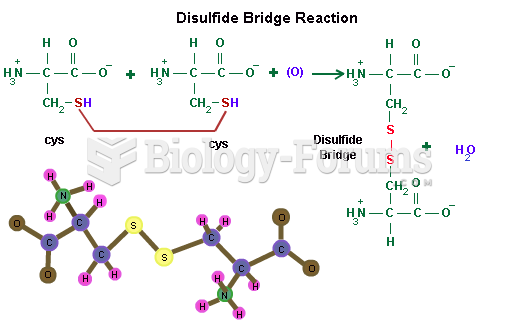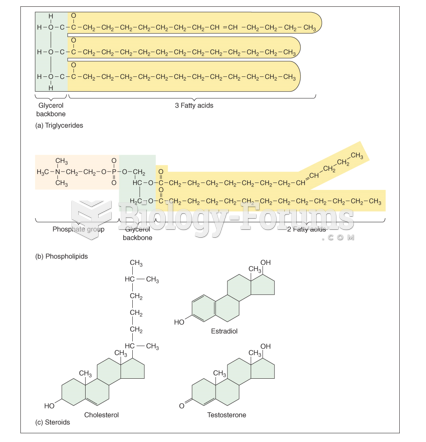|
|
|
Many of the drugs used by neuroscientists are derived from toxic plants and venomous animals (such as snakes, spiders, snails, and puffer fish).
Individuals are never “cured” of addictions. Instead, they learn how to manage their disease to lead healthy, balanced lives.
On average, someone in the United States has a stroke about every 40 seconds. This is about 795,000 people per year.
There are major differences in the metabolism of morphine and the illegal drug heroin. Morphine mostly produces its CNS effects through m-receptors, and at k- and d-receptors. Heroin has a slight affinity for opiate receptors. Most of its actions are due to metabolism to active metabolites (6-acetylmorphine, morphine, and morphine-6-glucuronide).
There are 60,000 miles of blood vessels in every adult human.







